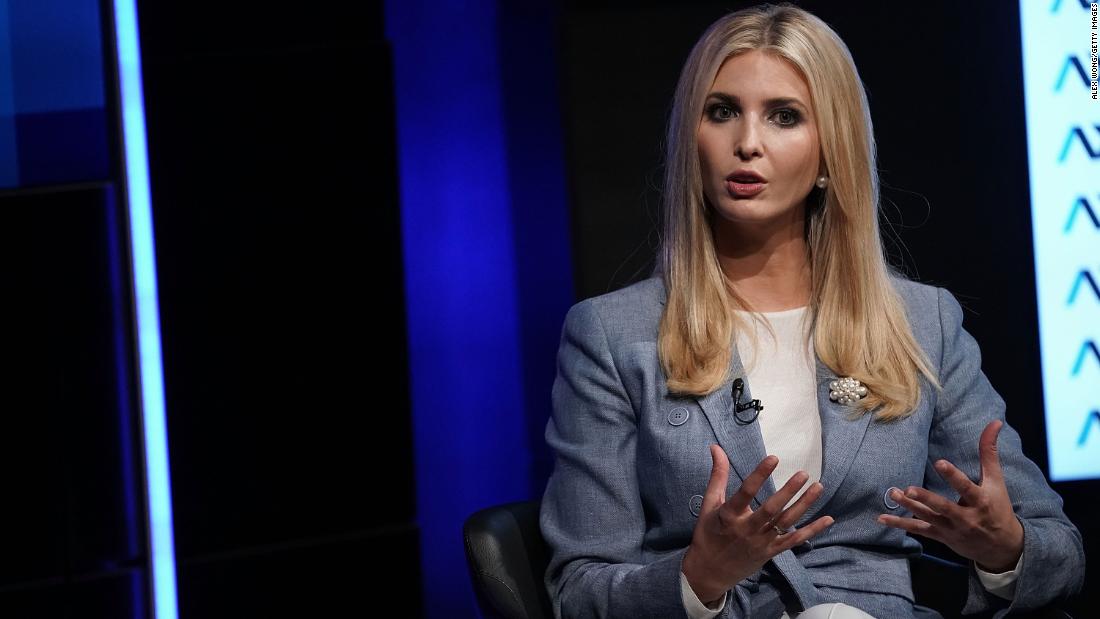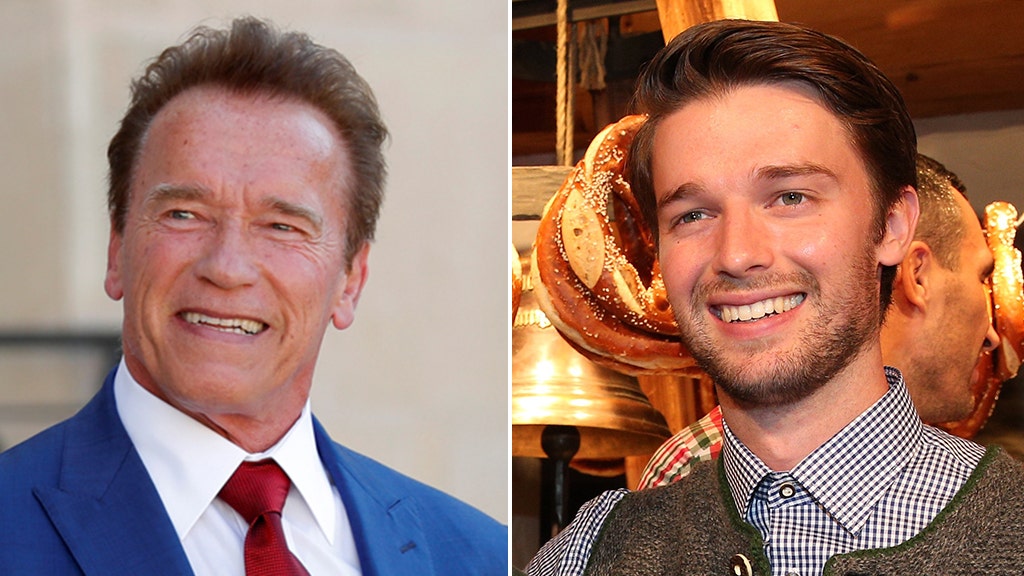[ad_1]

In the private sector, Donald Trump famously called himself the “king of debt.” With the spending deal negotiated by his administration with Congress, he is carrying that title over into government work.
The $1.4 trillion spending deal reflects a number of left-wing priorities, such as funding gun-control activism that is masquerading as research. It imposes obnoxious regulations, such as raising the smoking and vaping age to 21. It also repeals some unpopular taxes associated with the so-called Affordable Care Act.
Tax cuts aren’t normally a big Democratic priority, but they are when it comes to Obamacare. Senator Elizabeth Warren of Massachusetts worked against the tax on medical-device manufacturers, many of which just happen to be clustered around Boston. That tax, briefly implemented and now to be repealed, was one of several measures pointed to as evidence for the farcical claim that the ACA would not add “one dime,” as Barack Obama put it, to the national debt.
So was the so-called Cadillac tax, a levy on generous health-care programs that was opposed by labor unions, which enjoy generous health-care programs. It probably will be repealed entirely. A third tax, on other health insurance, also will be scrapped in this deal. That’s 4 trillion dimes added to the national debt.
When the ACA was being negotiated, conservative critics (including in these pages) argued that the dessert-first approach — benefits immediately, and then taxes and other unpleasant necessities at some point in the future — was a dishonest political gambit, and Democrats have been working toward proving that since. The Trump administration is now poised to seal that victory for them.
In exchange for what?
Mostly in exchange for avoiding the drama of a government shutdown.
Because the U.S. government cannot be bothered to follow its own procedures, there is no budget and no “regular order” in which congressional committees pass the major spending bills one at a time; instead, Washington lurches from crisis to crisis and from one ad hoc spending deal to the next. Responsibility for that lies with Congress, not with the Trump administration. But the president likes to boast about his skill as a negotiator, which is, in this instance, nowhere to be seen. The president enjoys mean-mugging on Twitter, but in the real world, he’s willing to sign off on $1.4 trillion for lopsidedly Democratic priorities in order to avoid a confrontation with Nancy Pelosi.
In addition to the gun-control activism, the spending bill will entrench other aspects of the ACA, provide a 3.1 percent pay raise for federal workers, and shunt money into such ineffective programs as Head Start. It includes more money for bailouts for farmers, many of whom have seen their businesses gutted by the ill-considered trade war; more funding for state-level infrastructure projects that often act effectively as slush funds; subsidies for rural Internet connections; more money for the Export-Import Bank and other corporate-welfare boondoggles; and a great deal of ordinary welfare spending on everything from food stamps to utility-bill subsidies.
Apparently, the Trump administration is still waiting on Mexico to pay for the wall: There are no additional funds for border security or other measures for the control of illegal immigration. The Trump administration requested $7.2 billion in new border-security funds, but the deal includes $0.00.
The Trump administration never has been serious about fiscal reform, and its lack of energy on the issue has encouraged the worst instincts of congressional Republicans. The worst fiscal instincts of congressional Democrats require no encouragement — but a little bit of opposition would be welcome.
[ad_2]
Source link



Connect with us on our socials: